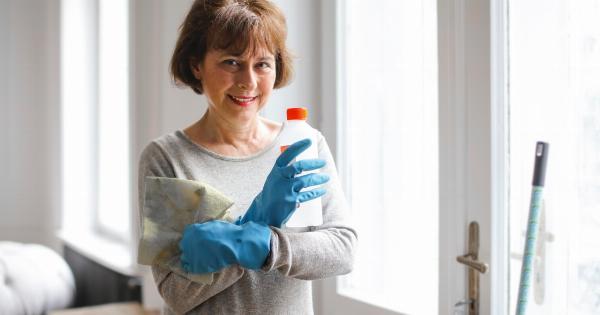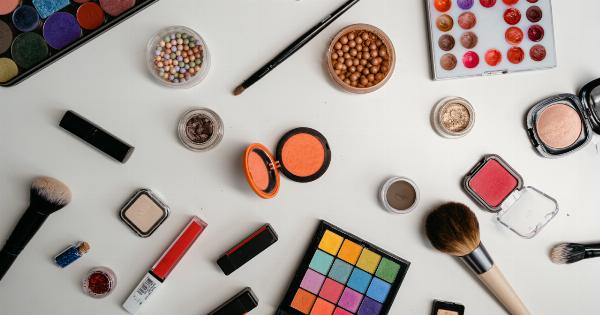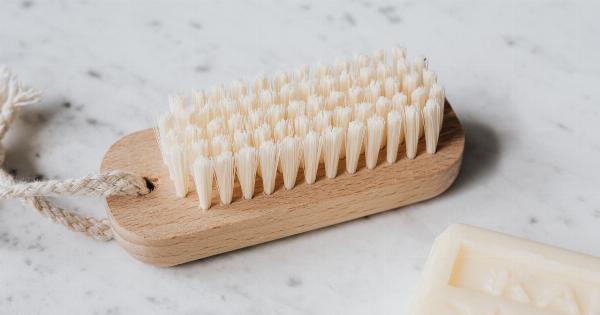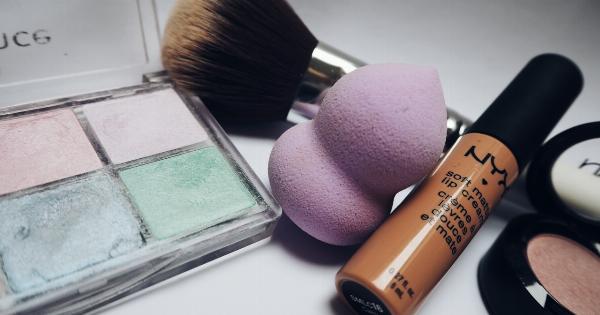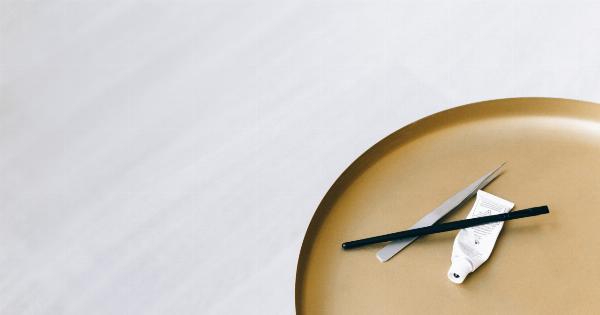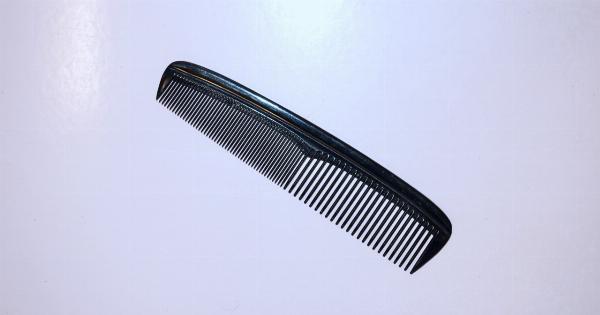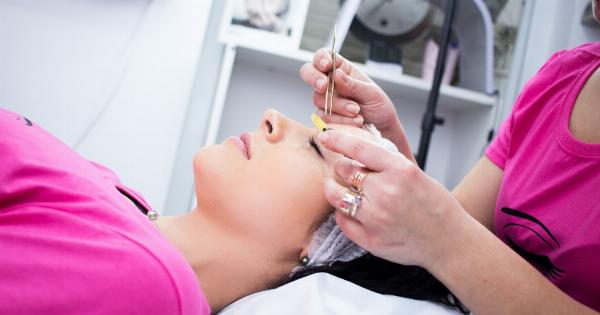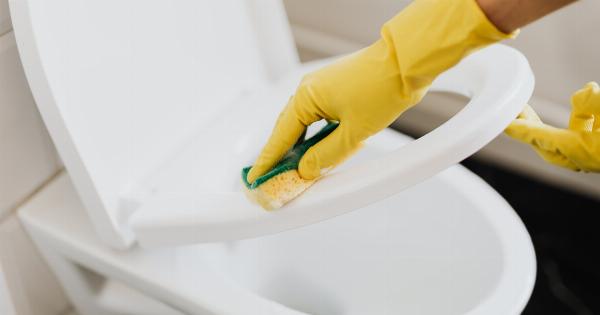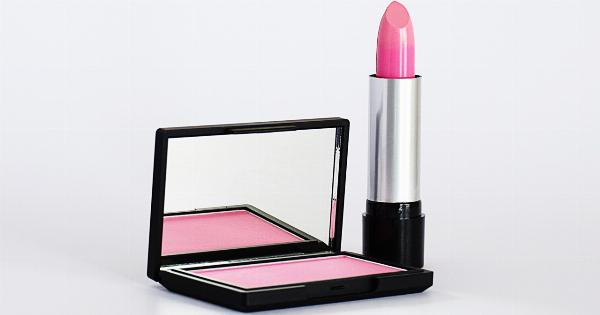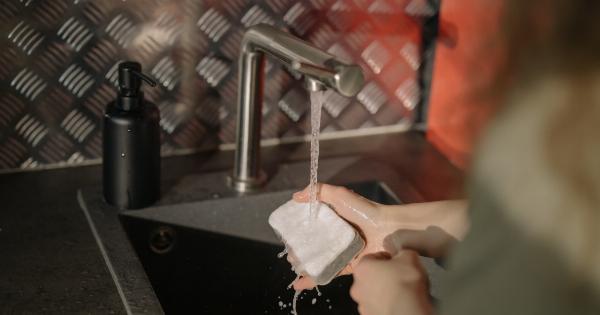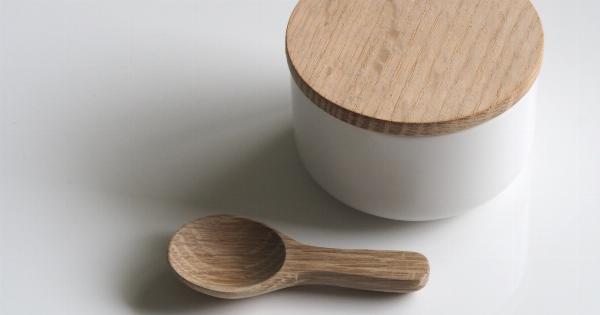When it comes to cleanliness and hygiene, most people are diligent about regularly cleaning their toilets. After all, it is a well-known fact that toilets can harbor a significant amount of germs and bacteria.
However, you might be surprised to learn that there are several everyday items that you use and touch regularly, which are even dirtier than your toilet.
Your Kitchen Sponge
The humble kitchen sponge that you use to wash dishes and clean countertops might seem harmless, but it can actually be a breeding ground for bacteria. Studies have found that kitchen sponges harbor more bacteria than a toilet seat.
The moist environment, combined with food particles, provides an ideal breeding ground for harmful bacteria such as E.coli and Salmonella.
Cellphones
Our smartphones have become an essential part of our daily lives, accompanying us everywhere we go. Unfortunately, these devices can harbor an alarming amount of bacteria.
Research has revealed that cellphones can have up to ten times more bacteria than a toilet seat. From our hands to our pockets, our phones come into contact with various surfaces that can transfer bacteria onto the device’s surface. Regularly cleaning your cellphone with a disinfectant wipe is highly recommended.
Computer Keyboards
Many of us spend hours working on computers each day, constantly typing away on our keyboards.
However, do you ever stop to think about the cleanliness of your keyboard? Studies have shown that computer keyboards can contain more bacteria than a toilet seat. Crumbs, dust, and skin cells can accumulate between the keys, providing an ideal environment for bacteria to thrive. It is crucial to regularly clean and sanitize your keyboard to prevent the spread of germs.
Handbags and Wallets
Handbags and wallets are items that most people carry with them wherever they go. However, they can easily accumulate a significant amount of bacteria. These items are often placed on floors, public surfaces, and touched with dirty hands.
One study found that handbags can contain more bacteria than a public toilet seat. Regularly wiping down your handbag and wallet with a disinfectant cloth can help maintain cleanliness.
Remote Controls
Remote controls are frequently touched but often overlooked when it comes to cleaning. They are handled by multiple people and can harbor a surprising number of bacteria.
Studies have found that TV remote controls can have more bacteria than a toilet seat. It is advisable to regularly clean and disinfect remote controls, especially in public places such as hotels and hospitals.
Stove Knobs
Stove knobs are another item found in your kitchen that can be dirtier than a toilet seat. As they come into direct contact with dirty hands, food particles, and cooking oils, they can quickly become a breeding ground for bacteria.
Ensure you regularly clean and sanitize stove knobs to maintain a hygienic cooking environment.
Reusable Water Bottles
Reusable water bottles are popular for their eco-friendly nature, but they can also harbor an alarming amount of bacteria. Studies have shown that these bottles can contain more bacteria than a toilet seat.
Failure to properly clean and dry these bottles can lead to the growth of harmful bacteria, such as mold and E.coli. It is essential to regularly wash reusable water bottles with hot, soapy water and thoroughly dry them.
Toothbrush Holders
Toothbrush holders are often overlooked when it comes to cleaning, but they can harbor a significant amount of bacteria. They are susceptible to moisture and mix with airborne bacteria from toilets and sinks.
Studies have found that toothbrush holders can contain more bacteria than a toilet seat. Make sure to clean toothbrush holders regularly by soaking them in a bleach solution or putting them in the dishwasher.
Makeup Brushes
Makeup brushes are an essential tool for many individuals, but they can also accumulate dirt and bacteria over time. Every time you use your brush, it picks up oils, dead skin cells, and bacteria from your face.
If left uncleaned, these brushes can become a breeding ground for bacteria, leading to skin irritations and breakouts. Clean your makeup brushes regularly with mild soap and warm water to prevent bacterial buildup.
TV and Entertainment Remotes
Similar to TV remote controls, remotes for other entertainment devices, such as game consoles or streaming devices, can accumulate bacteria over time. They are frequently shared among individuals and are rarely cleaned.
Next time you sit down for a movie night or gaming session, take a moment to wipe down these remotes with a disinfectant wipe to reduce the spread of germs.









